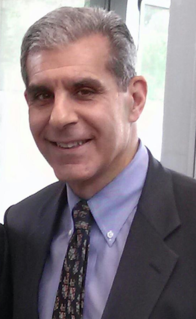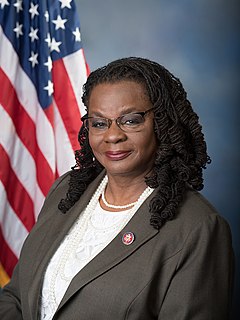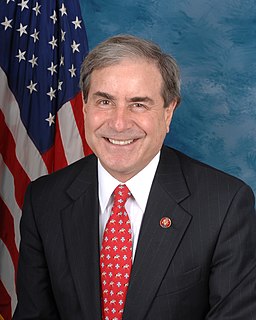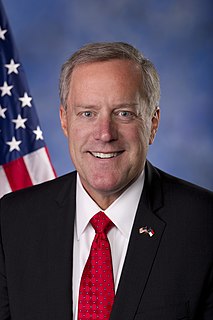A Quote by Ben Sasse
I think most Americans believe in a basic social safety net.
Related Quotes
Most Americans believe in fairness; we believe that people should work hard but there should be a safety net. We believe in saving the quality of our air and water for our children. Most Americans want action on climate change. You can just go through the list. Most Americans believe in progressive taxation.
If we are to garner sustained U.S. domestic support for future trade agreements, we have to make sure those Americans who have suffered as a consequence of past agreements have an effective social safety net, adjustment assistance, opportunities for retraining and new job creation that enables all Americans to thrive.
One of the dangers about net-net investing is that if you buy a net-net that begins to lose money your net-net goes down and your capacity to be able to make a profit becomes less secure. So the trick is not necessarily to predict what the earnings are going to be but to have a clear conviction that the company isn't going bust and that your margin of safety will remain intact over time.
Federal assistance helps millions of Americans escape poverty every year by providing the stability needed to take advantage of new opportunities. In fact, it is our safety net that allows full participation in the economy. More Americans purchasing goods means more Americans making them, which means more American jobs.

































